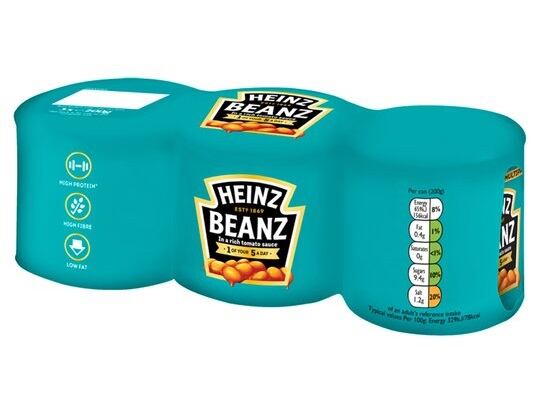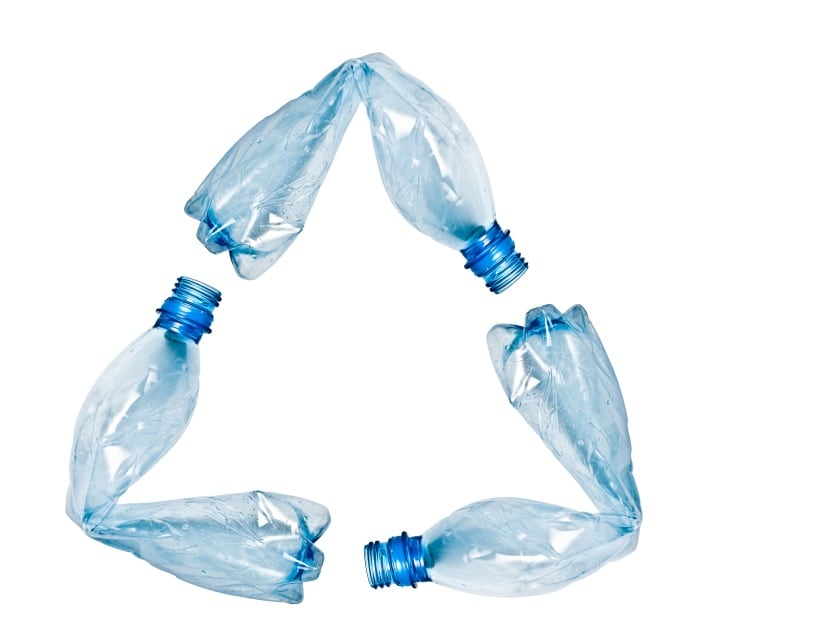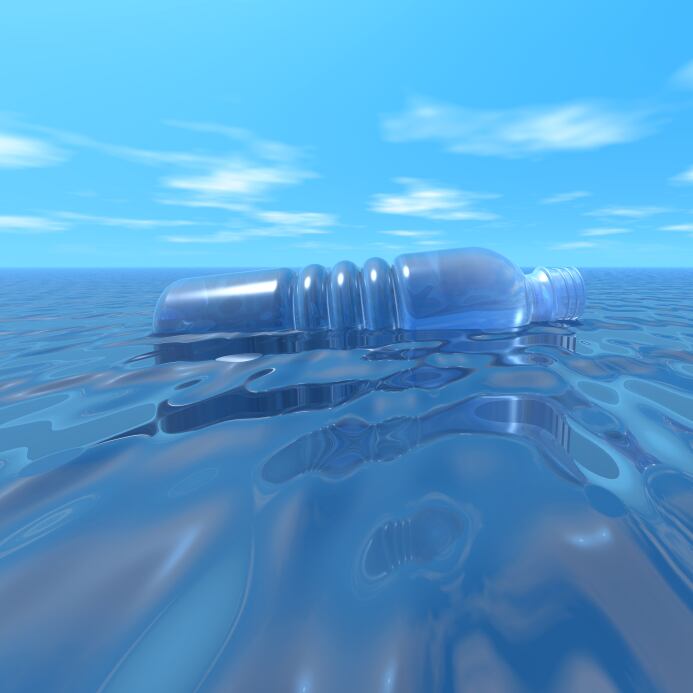Supermarket retailer Tesco is removing plastic wrapping from tinned multipacks across the UK. Instead, tins will be available individually.
The change, to be rolled out in stores from 2 March, will apply to all Tesco own-brand products, as well as branded. Kraft Heinz, which is partnering with Tesco on the move, is one such brand implicated. Others include Green Giant sweetcorn and John West tuna.
Tesco stressed that customers will still get the same multipack value, ‘just without plastic’.
According to Tesco, multipacks of baked beans, tuna, tinned tomatoes, and soups, and among the most frequently purchased grocery items in the UK.
The retailer estimates that 183,000 tinned multipacks are bought every day at Tesco, with more than 40% of customers including multipacks in their shop.
By ditching the wrapping, Tesco will remove 67m pieces of plastic from its stores. This, in turn, will see 350 tonnes of plastic eliminated from the environment.
“It will help more than eight million households in the UK reduce the amount of plastic they use,” noted the retailer, adding that the move “contributes to Tesco’s commitment to remove 1bn pieces of plastic from its own branded product by the end of 2020.”
Kraft Heinz said it was ‘excited’ to be involved. “While we know we have more to do, this initiative is good news for the environment, and for the millions of people who enjoy Heinz varieties every day, as they’ll still be able to benefit from the same great value for money,” said president of Kraft Heinz Northern Europe, Georgiana de Noronha.
350 million tonnes of plastic are produced each year, 8 million tonnes of which enter the ocean, according to Plastic Oceans UK.
- If waste management practices don’t improve, scientists predict this amount could increase tenfold by 2025.
- Plastics make up to around 75% of marine litter, although this can be up to 100% at some sites.
- Plastic in the ocean breaks up into smaller fragments called microplastics, which have been identified in commercial fish consumed by humans.
- Half of all plastics are single-use applications.
The World Wide Fund for Nature (WWF) similarly voiced its support of Tesco’s ‘steps in the fight against plastic pollution’. “We need to remove unnecessary single-use plastic wherever possible, to stop the contamination of the natural world,” said WWF sustainable materials specialist Paula Chin.
“If we want to protect nature, we need more businesses to follow Tesco’s lead, before we run out of time to fight for our world.”
FoodNavigator reached out to the British Retail Consortium (BRC), to not only ask if they are supportive of Tesco’s move, but whether the trade association will be encouraging other retailers to follow suit.
“The retail industry recognises its responsibility to help tackle plastic pollution and the BRC welcomes efforts towards reducing single-use plastic in the industry,” BRC’s head of sustainability, Peter Andrews, told this publication.
“Our members are eliminating single-use packaging, where possible, and working to make 100% of plastic packaging recyclable, reusable or compostable through the UK Plastics Pact.”





